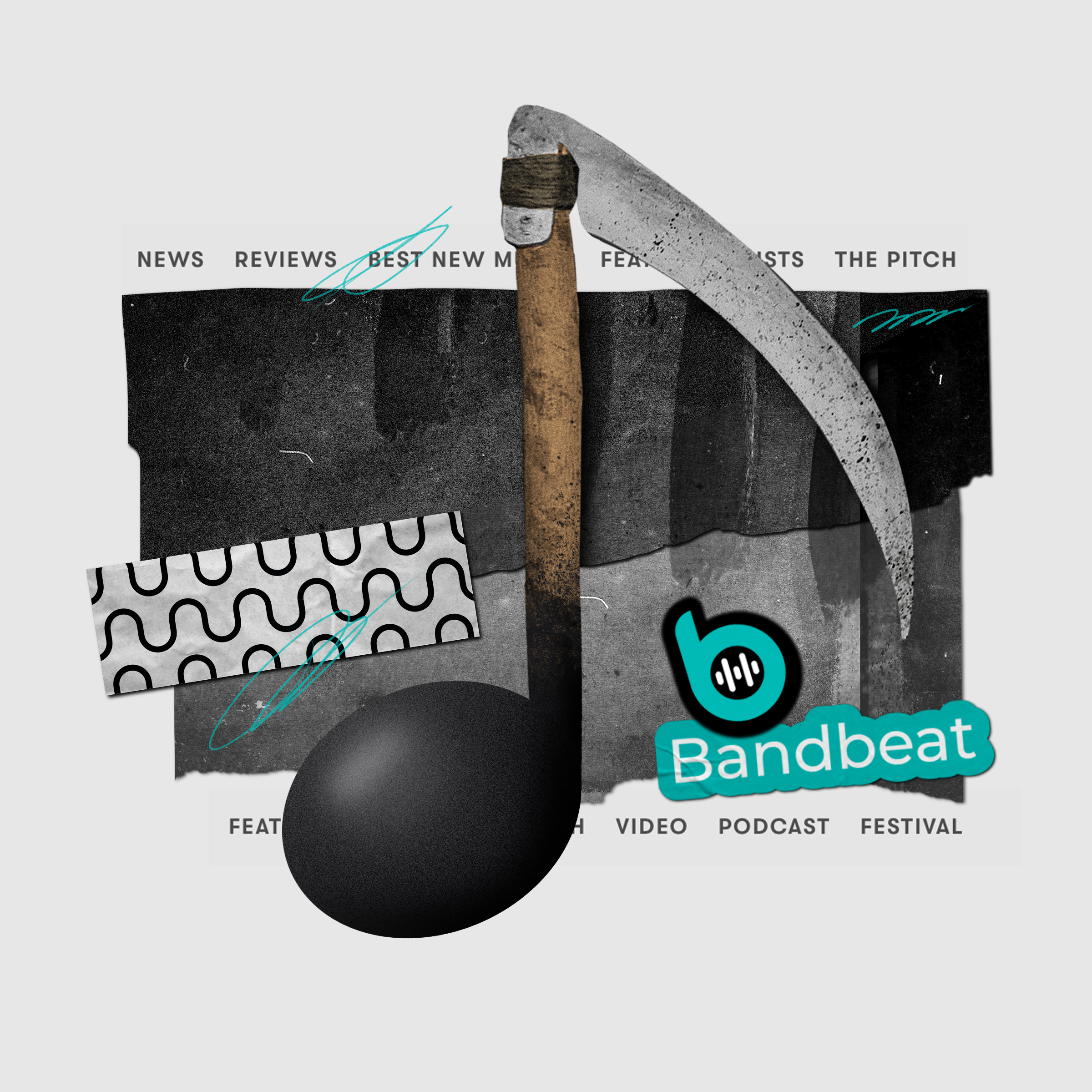19.02.2024
Now what? Music journalism after Pitchfork
Indies, sell-outs, and cruel, cruel realism.

You probably know the story by now. Renowned American indie music website, Pitchfork, is merging with men’s lifestyle magazine, GQ. Both owned by Condé Nast (Pitchfork since 2015), their merger was announced by Anna Wintour in mid-January, and the firing of an unspecified number of staff was baptized as “new possibilities”.
The people who cared (positively or negatively) about Pitchfork are the same people who actually cared about this announcement, and none of them saw it as “new possibilities” or “the best path forward”. On the contrary, it’s treated not only as the death of a website, but as the fall of one of music journalism’s last stands.
But, what was Pitchfork?
Founded in Chicago in 1995 by Ryan Schreiber, Pitchfork became a staple of online indie music press by both its quality of writing and its notoriety as being snob. Loved and hated by many (sometimes simultaneously), it almost always managed to generate conversations about everything, whether it was a review, a list, or an interview. And it could make or break a band. Pitchfork created a blueprint for the plethora of indie websites that sprang in the 00’s, regardless of their success in following it.
Never the publication to steer away from controversy (in a way that made you wonder if they were deliberately trying to find the hottest of takes for each topic), Pitchfork evolved. Firstly, to a brand name, later to a part of the media that looked sincere in its attempt to diversify its audience and coverage in an ever-changing music landscape. Perhaps this evolution was what saved it in the past years, unlike its European counterparts. NME ended its print version, Q shut down, and many more, smaller websites followed the same path. Pitchfork seemed immune, even though it had given away some of its soul.
But it was not. So now what?
This merger/absorption’s biggest question concerns the difference in attitude of the two publications. In many ways, Pitchfork made its name through criticism and its boldness to articulate disagreements and dislikes. GQ on the other hand is terribly safe. More interested in PR and happily avoiding negativity, it doesn’t seem like a great spot to host the essence of (music) journalism – telling the truth, or at least an honest opinion. If we have to guess, the future probably holds more big names, more praise and more… advertising.
Another cause of concern is the fit of the now diversified audience in the new home. Almost half of Pitchfork’s readers are women, and Puja Patel’s tenure as editor-in-chief has shifted away from the “passionate audience of Millennial males” that Condé Nast wants to benefit from.
Will this mean that the coverage of musicians of diverse backgrounds will halt in favour of the traditionally white male dominated indie scene heavyweights? Will Pitchfork turn into a completely pop publication so as not to alienate GQ’s mainstream readers? We’ll all see, but there’s a reason everybody treats Pitchfork as good as dead.
An elegy
Following the funeral, you can’t but think of a similar story. Bandcamp’s recent acquisition by music-licensing company Songtradr, led to massive lay-offs (half of the staff), a change in priorities to match the streaming world’s exploitation of the artists, and of course in expense of the great editorial work and articles featured in Bandcamp’s homepage. A bitt depressing, isn’t it?
Music journalists and music writers in general are fighting a continous yet losing battle against the algorithm’s omnipotence in channels dominated by big players and automations. Manually curated playlists, analog record browsing and the gentle art of suggesting a band, are parts of an ecosystem that’s being distorted more and more each day, left to the personal motivation and persistence of certain individuals. Indie music writers have always done this -albeit with more effective tools- and we’re positive that in one way or another, music journalism will survive after Pitchfork, after NME and after CoS. It will increasingly become less viable, less professional, less relevant. But it will survive in its amateurism, through its love of music and writing. Even with one less dream job to fantasize when writing a live report of a local band’s gig.
Are we being overly dramatic (or romantic)? Let us know!

